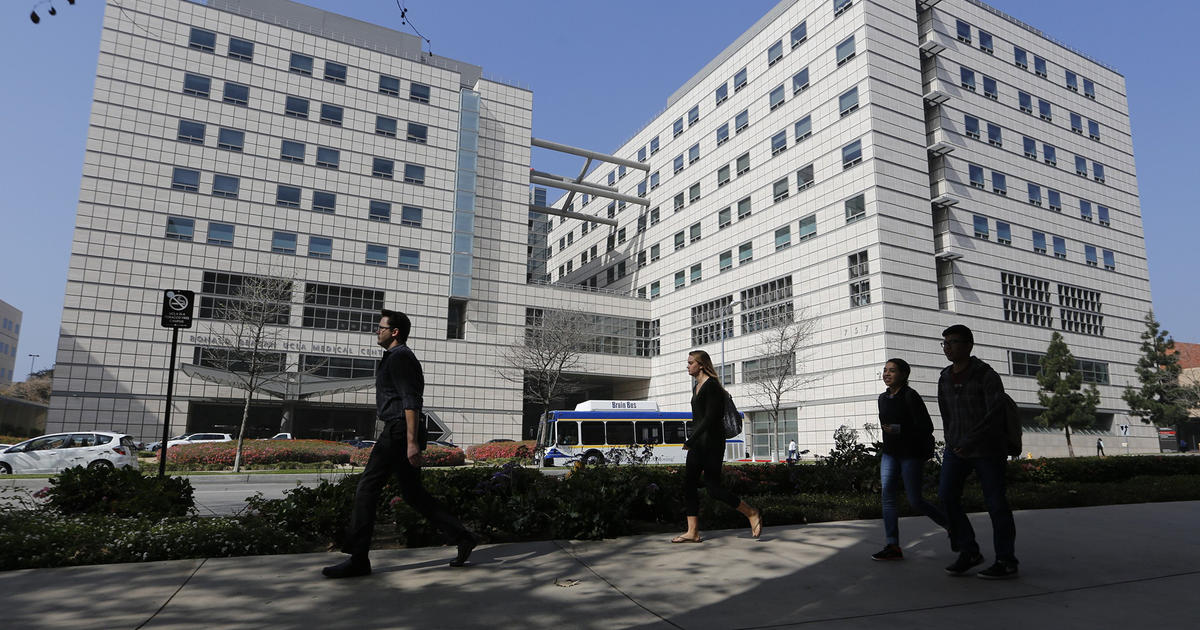What happens to people in drug treatment, recovery housing?

By: Dave Aronberg, State Attorney, Palm Beach County, Florida
and
Dr. Dave Campbell, Chief Medical Correspondent, Morning Joe / MSNBC
In a country where around 1 in 13 people need treatment for substance use disorder, the coronavirus pandemic has created a perfect storm of risk for those in the fragile state of recovery from drug and alcohol addiction. The necessary self-isolation, social distancing and increased anxiety of day-to-day life goes against the prevailing wisdom to engage, get close, share, and communicate. A recovering addict faces the cancellation of face-to-face group therapy sessions that are so critical in nurturing sobriety, as social distancing is difficult in a room shared by a leader and other participants. Face masks made of cloth, bandannas or scarves hide facial expressions, so critical in sensing empathy, compassion and love. Eye-contact is important, but without a smile, grin or frown, people can be hard to read.
For many residents of inpatient rehabilitation centers or group recovery residences, also known as “sober homes,” worries about postponed therapy sessions pale in significance to the looming threat of eviction. Although state and local officials around the country have imposed moratoriums on residential evictions during this state of emergency, the question remains: What happens to people in drug treatment or sober living housing when they can no longer afford to pay?
The answer is, it depends. First, if the individual is in a detox center or inpatient rehab facility where treatment takes place, residential treatment will continue as long as insurance keeps paying. But since these are considered medical facilities, patients can indeed be discharged for non-payment. State laws and local emergency orders may differ, but in general, a moratorium on residential evictions will not protect a patient living in a treatment center whose insurance runs out or who fails to self-pay, as landlord-tenant laws simply do not apply.
It’s a different matter if an individual is living in a sober home, where no treatment is provided. Insurance does not provide reimbursement at such residences because they are just group homes where individuals in recovery live together. Residents of these homes generally receive protection under landlord-tenant laws for failure to pay rent during this state of emergency. These protections are important during this challenging time, since many sober home residents subsist on income from jobs in the service economy, which has been especially hard hit by the economic by-product of the COVID-19 pandemic. In normal times, landlord-tenant laws could require a sober home to go through the formal, time-consuming process of court-ordered eviction for a resident’s nonpayment of rent, but temporary moratoriums on residential evictions now apply during this state of emergency. In addition to state and local moratoriums on evictions, the federal CARES Act enacted a sweeping 120-day prohibition against evictions to protect non-paying tenants of properties financed with federally backed multifamily mortgage loans.
Things are different for sober home residents who relapse and use drugs, however. These individuals may be evicted despite the moratoriums, as such conduct puts them and other vulnerable housemates at risk. In 2019, the Florida Legislature recognized the importance of protecting residents and staff of recovery residences from the introduction of drugs into the home by passing legislation specifically allowing for an eviction when it is necessary for the health and safety of the resident or others living or working in the home. This exemption from traditional landlord-tenant law requires that the recovery residence be certified and have a discharge policy approved by the credentialing entity. In Florida, the approved certifying agency is the Florida Association of Recovery Residences (FARR), which mandates that its certified sober homes ensure that the resident being removed is not simply thrown out onto the street. Since these are vulnerable individuals in a fragile state of recovery, sober homes are required to seek alternative living arrangements and referrals to inpatient treatment for any evicted resident.
All this leads to a final question: how long can legitimate sober homes survive without rental income? Certified recovery residences do not receive referral income from treatment providers. That would constitute illegal patient brokering. The sober home business is not especially profitable and homes are normally run by individuals in recovery themselves whose primary motivation is to give back to the community. Rent is the primary, if not the only, source of income for these homes. Without rental income, many, if not most, of the good homes will cease to exist.
As a small business, recovery residences are eligible for state and federal financial assistance. This may only be a temporary salve, however, as the typical sober home owner lacks the deep pockets to keep going without a steady source of income. Thus, the greatest challenge for individuals in recovery may not be eviction, but the financial collapse of their only source of housing during a time when the healthcare system is overburdened and the economy is dormant. As the COVID-19 pandemic continues to dominate the national conversation, let us not forget about its impact on the vulnerable population at the center of our previous health care crisis: the millions of Americans who continue to battle substance use disorder in an opioid epidemic that is now overshadowed, but never went away.
 Pathways Drug Rehabilitation Luxury Addiction Treatment & Detox Center
Pathways Drug Rehabilitation Luxury Addiction Treatment & Detox Center


